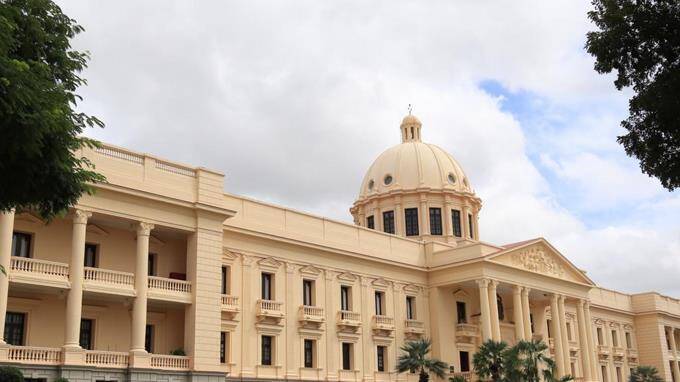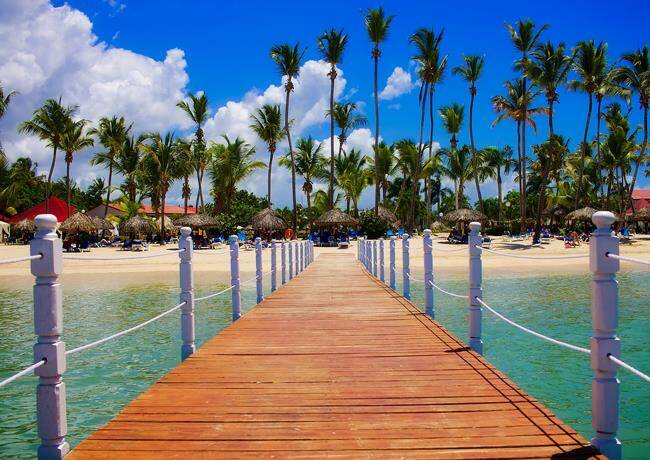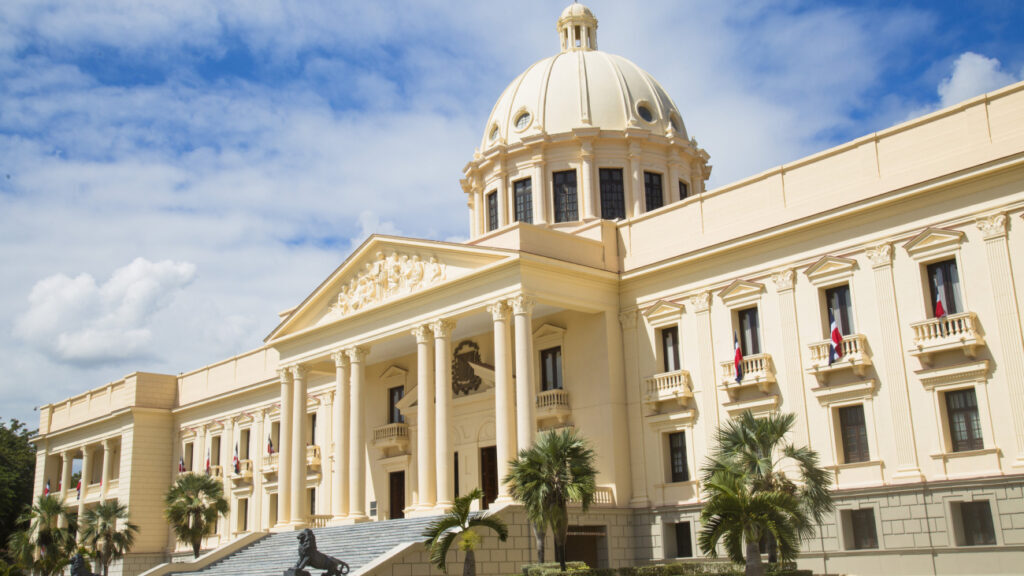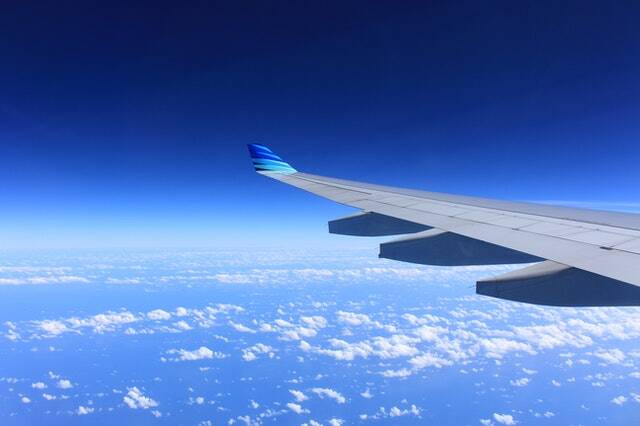Dominican Republic lays the foundation for a more sustainable tourism, UN
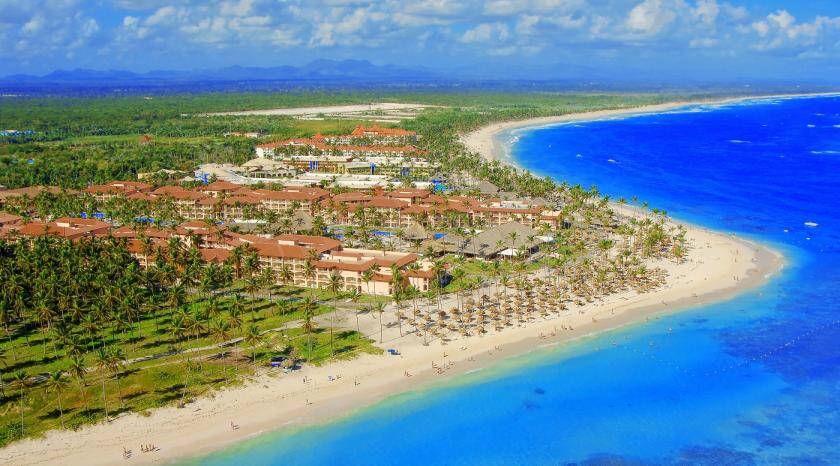
The United Nations Environment Program acknowledges the Dominican Republic has implemented a series of measures in the tourism sector in an effort to improve environmental and climatic conditions.
On a July 1st report called the “Dominican Republic lays the foundation for sustainable tourism“, the UN program outlines the plan to which the nation committed and its scope.
—
The Dominican Republic, one of the main tourist destinations in the world, has decided to act to respond to the growing demands of travelers worried about the climate crisis and the environment.
In a new national plan that has the support of the private sector, the government committed to working to reduce marine and land pollution, minimize the consumption of resources and reduce waste in the hotel sector of this Caribbean country.
The plan, launched together with UN Environment in Punta Cana, in May 2019, establishes five objectives for hotels in the country:
- Reducing greenhouse gas emissions by 25% by 2030 (compared to 2020 levels),
- Reducing 25% the use of non-renewable energy
- Cut food waste in half
- Completely eliminate single-use plastics
- Adopt a sustainability certification.
The roadmap for a low-carbon hotel sector with efficient use of resources in the Dominican Republic is based on two years of research, data collection, and analysis.
During this period, the areas with the highest greenhouse gas emissions and low efficiency in the use of natural resources within the hotel value chain were identified. International trips were not considered in the analysis.
The study to produce this guide revealed that many environmental impacts related to tourism occur outside hotels.
For example, 57% of the greenhouse gas emissions in the sector’s value chain are associated with the cultivation of food served in hotels.
The energy used in refrigeration and air conditioning is the most important source of emissions if hotel facilities are analyzed exclusively.
“This road map would not have been possible without strong cooperation between the public and private sectors. It is the first time they have collaborated to establish clear objectives that will lead to the sustainable development of the tourism sector,” said Olga Rosario, director of Production and Sustainable Consumption of the Ministry of Environment and Natural Resources.
“The study identifies opportunities to reduce the environmental impact of tourism while increasing its economic and social benefits,” says Leo Heileman, regional director of the UN Environment in Latin America and the Caribbean.
“The success of this road map lies in the active participation and firm commitment to the tourism sector. The hotels have committed to take concrete measures in accordance with the findings of the study, for example, the gradual elimination of single-use plastics. This is an exemplary step,” Heileman added.60% of the hotels studied have already reduced the consumption of disposable plastic containers thanks to the installation of recharging systems.
To continue the work established in the road map, hotels should completely replace single-use plastics with clean alternatives, such as banana leaves, and chefs and managers will be encouraged to adopt sustainable food consumption.
The elaboration of the plan was also possible thanks to a project financed by the Federal Ministry of Environment, Nature Conservation and Nuclear Safety of Germany, through its International Climate Protection Initiative (IKI).
“Support the formulation and implementation of country-determined contributions to mitigate climate change is at the heart of the International Climate Protection Initiative,” said Karsten Sach, director-general of International Policy and European Union, and Climate Policy in the German Ministry of the Environment.
“Sustainable consumption and production patterns are crucial for the tourism sector to operate with low carbon emissions and efficient use of resources. We are pleased that through the financing of the initiative we can contribute with far-reaching regulatory and administrative changes in an economic sector so vital for the Dominican Republic,” Sach added.
New regulations and incentives
A new alternative of refrigeration services will also help hotels and other companies to adopt much more efficient technologies.
Instead of having to worry about the acquisition and maintenance, end users can contract this equipment to a third party and pay for the amount of cooling they use.
The mechanism was launched with the support of the United for Efficiency Caribbean Refrigeration Initiative.
Parallel to the implementation of the roadmap, the government will apply and update the regulatory frameworks, create financial incentives to reduce pollution and improve waste management and recycling systems.
Another aspect of the plan includes the development of a ruling with standards and certification schemes, the identification of energy efficiency products and services to encourage the acquisition of adequate equipment by companies, and the implementation of management training and awareness programs. energy and renewable energies.
By adopting the road map, the Ministry of Environment and Natural Resources, together with the Ministry of Tourism, the Ministry of Industry, Commerce and Mipymes, the Hotel Association of Playa Dorada and the National Council for Climate Change and Mechanism of Clean Development
For more information, please contact Helena de Rey de Assis: [email protected] and Ignacio Sánchez [email protected]
Source: UN

